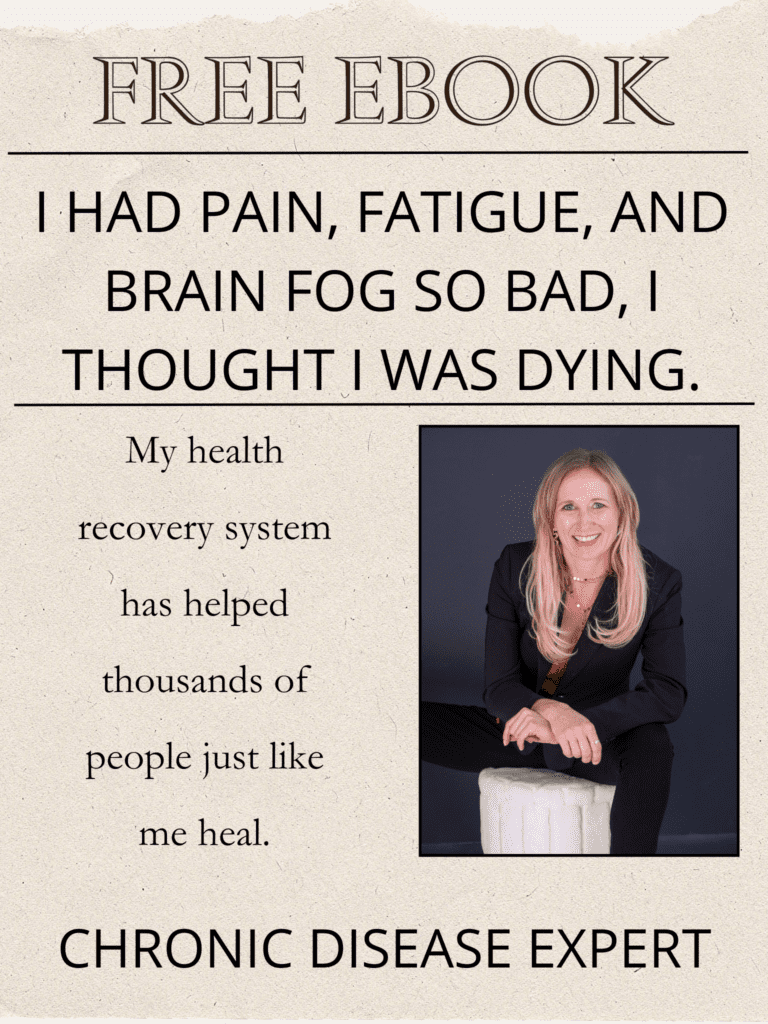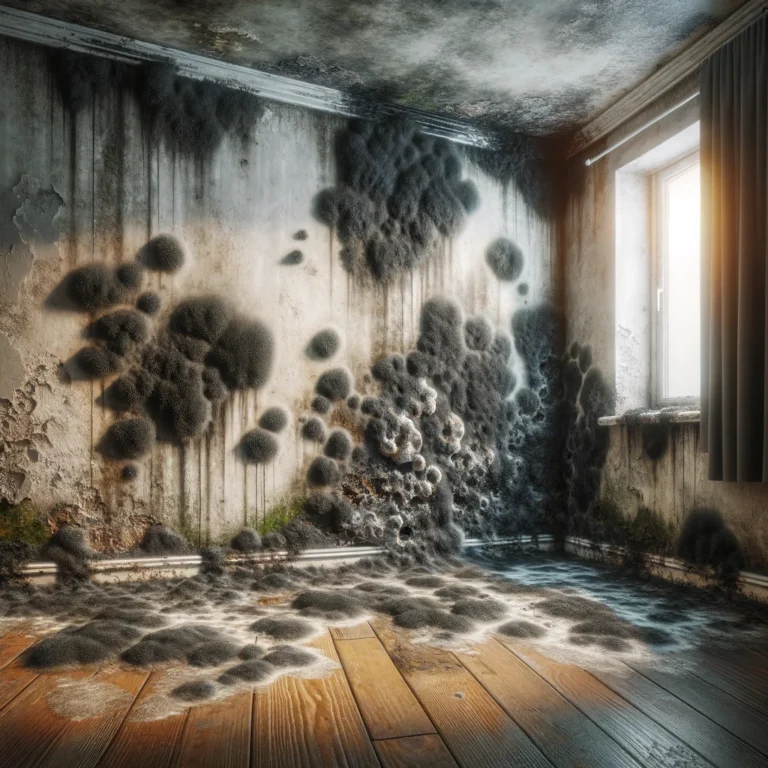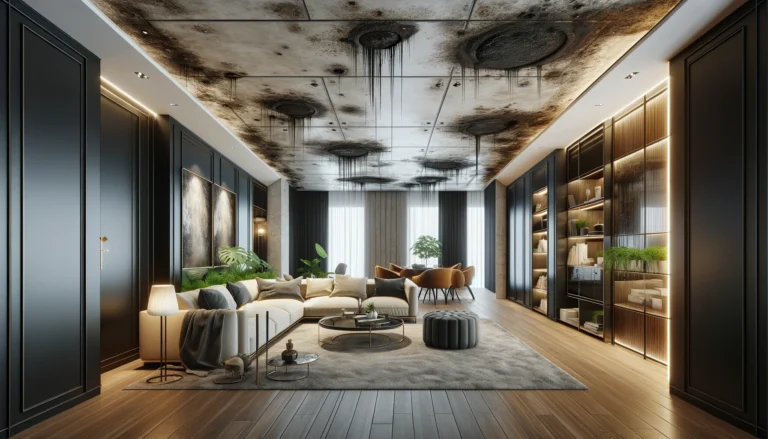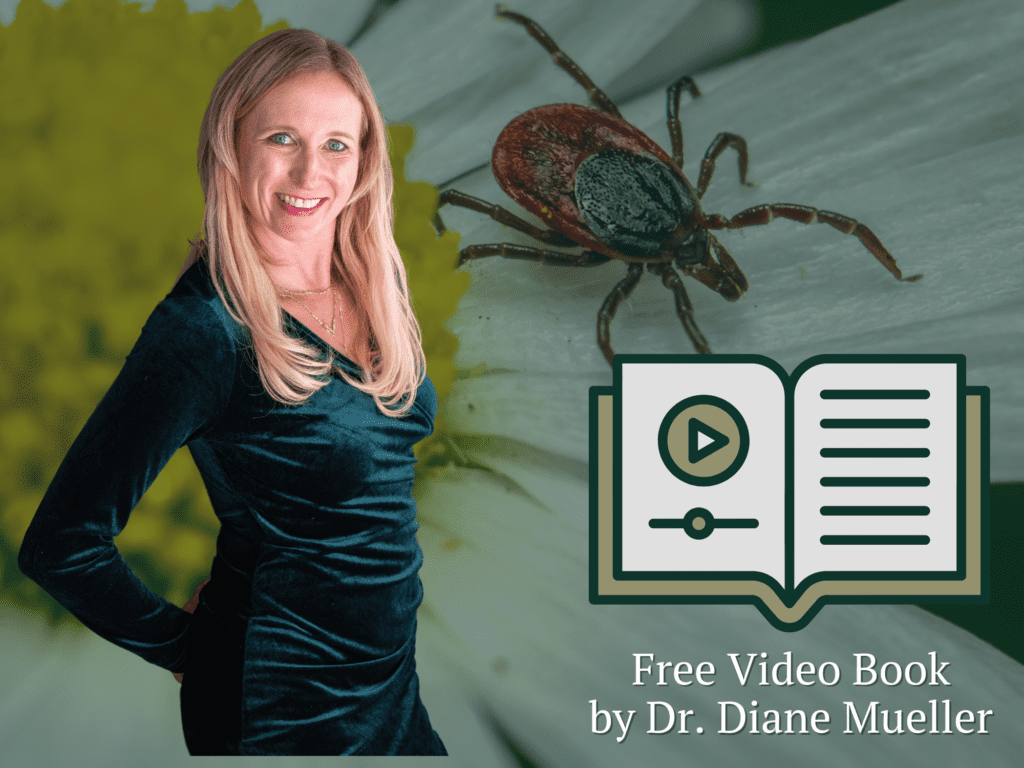

by Dr Diane Mueller – So, you’ve stumbled on some nasty black mold in apartment. Gross, right? Not just for the ick factor and stinky smell, but also because this has serious health implications.
Mostly it’s your landlord’s job to tackle these moldy issues. But here’s the deal – they need to know about it first! If you’re stuck dealing with a mold situation, make sure you document everything and keep your landlord in the know. Let’s dive deep into how to deal with black mold in your pad and how to ensure you’re not left out in the cold.
We have helped thousands of people restore their health and quality of life by diagnosing and treating their Mold Illness
Hey there! Just a heads up, black mold can be pretty nasty stuff. It can cause some serious health issues like breathing troubles and even asthma, especially for kids, seniors, and folks with weaker immune systems.
Normally, it’s the landlord’s job to deal with this kind of thing and make sure their places are safe for everyone living there.
There are laws in some states that are totally on your side as a tenant. But here’s the catch – if you’re not keeping things clean and somehow the right conditions for black mold to grow, well then they might turn around and say it’s all on you. Actually, some states have laws that force landlords to get off their butts and do the repairs if they’re dragging their feet or flat out saying no.
When it comes to housing issues, mold ranks high on the list. It’s not just a nuisance or a cosmetic issue – it can have serious implications for your health.
Yes, mold can make you sick. So, is mold in apartments dangerous? Absolutely. Depending on your sensitivity, you could be in for an arduous journey of health complications. Exposure to black mold can potentially lead to severe conditions such as Alzheimer’s disease. Some may experience nausea, digestive disturbances, neck pain, tinnitus, and changes in vision, especially at night. These symptoms can drastically reduce the quality of life and indicate the urgent need for mold remediation.
Here’s a more comprehensive list of symptoms linked to black mold exposure
The importance of catching mold growth early cannot be overstated. It’s not just about preventing property damage; it’s about safeguarding the health of everyone living in the apartment. Hence, it’s key to stay informed and act promptly. Black mold, after all, is not worth the risk.

When it comes to dealing with any mold, especially black mold, early detection and swift action are critical. Let’s investigate deeper into what you need to do if you suspect there’s black mold in your apartment.
Black mold isn’t always visibly present. Sometimes, it’s the smell – a musty or moldy odor – that’s your first sign off something awry. But, mold growth isn’t always easy for you, as a tenant, to recognize. You might experience some health symptoms, such as sneezing, headaches or difficulty breathing, which may be caused by mold.
Other indicators include water spots or unusual stains and leaky pipes. About the physical attributes, mold can shape-shift in a spectrum of colors – white, black, green, or even yellow. These are all signs that you’re dealing with a potential mold issue.
Mold thrives in damp, dark, and humid places. It’s important to check where moisture collects: behind appliances, bathrooms, under sinks, and around window sills. Keep an eye out for these common mold habitats in your apartment.
If you’re dealing with continuous allergic reactions or suspect hidden mold, it might be worth it to get a professional mold test. Professional tests are comprehensive and can identify the type and concentration of mold spores in your apartment.
Tenants should promptly inform landlords of any suspected mold issues, particularly black mold due to its health risks. Landlords are obliged to address these problems within a reasonable time frame, and if they fail to do so, tenants may seek legal advice. Some states even hold landlords accountable for intentional or negligent concealment of mold. To handle such situations effectively, tenants need to stay alert for signs of mold, understand typical mold behaviors, know how to test for it and be aware of who’s responsible for the testing.
Mold in Apartment Rentals: Who Is Responsible for Removing It?
Understanding responsibility in mold situations isn’t always clear-cut. It varies greatly from one case to another, and to some extent, depends on specific state laws. But, as a generally accepted rule, landlords have a legal obligation to provide safe and livable conditions. This duty means they are responsible for maintaining the property, including resolving serious mold issues.
This responsibility may especially fall to the landlord if the mold infestation is a result of landlord-controlled circumstances. It could be failure to fix a leak, which later leads to mold proliferation, or just simply neglecting property maintenance. If you find or suspect mold presence in your apartment, you definitely need to alert your landlord immediately.
In some cases, landlords might not respond quickly or effectively to mold problems. You have rights if you’re in this situation! A common initial approach is calling your city or county services, such as the 311 housing maintenance service in New York City.
Should that not yield results, knowing your rights as a tenant can be an advantage. The recourse can range from breaking your lease without penalty, paying for mold removal and deducting the cost from your rent, or even filing a lawsuit against the landlord. These are last-resort measures, and it’s crucial to consult with a legal professional before pursuing these routes.
The responsibility ping-pong can get a bit tricky here. Although landlords hold a duty to maintain a livable property, this doesn’t necessarily mean they’re always the ones obligated to clean up the mold mess. You may be responsible for the mold clean-up if it’s due to your inability to upkeep basic cleaning, or if you fail to inform the landlord promptly about observable mold-friendly issues, such as leaks or excessive dampness.
Understanding your lease agreement is essential in managing mold issues. The provisions given can provide clear steps on how to handle such an incident while putting your landlord’s obligations into perspective. If the landlord has clearly breached the lease agreement, especially relating to addressing mold problems, you can likely pursue further action.
Given the potential health risks associated with black mold, it’s up to you to take practical steps to mitigate this threat. You might not control everything in your apartment, but two essential areas fall under your domain: ventilation and regular cleaning.
Hey there, you need to know that making sure your place is well-aired is key to getting rid of pesky black mold. These little troublemakers love humid and closed-off spaces, you see. Just opening up your windows can do wonders in lowering the dampness in your home. Plus, using fans, dehumidifiers or those fancy air conditioners with humidity control settings can also help keep the mold at bay.
Oh yeah, don’t forget about keeping your ventilation system’s air filters clean of any nasty stuff (be sure to change ’em every 3 months or so). Fans in bathrooms and kitchens that blow air outside are pretty great too at taking out extra moisture – especially after a cooking spree or a hot shower!
So, you know what’s super important if you don’t want that nasty black mold creeping up in your flat? The number ojust scrubbing those wet spots every week like bathroom tiles, shower curtains, and kitchen sinks can keep mold at bay. And hey, don’t leave any leaks or spills hangin’ around too long. Also, try not to let wet clothes or towels chill out for ages. Oh, and even though they might cost a bit more upfront, it wouldn’t hurt to shell out on some mold-resistant stuff like shower curtains.
Wrapping it up – be sure to have ventilation by using fans, replace your air filters regularly, turn off humidifiers (if you have them) and have de Keep those windows wide open, fans on full blast, and dehumidifiers in top gear to keep the dampness down. While you don’t have control of the other tenants be sure not to let recurring wet spots hang around too long – clean ’em up and fix any leaks asap! Also, consider using mold-resistant products in the shower and areas where frequent moisture tends to occur – your long term health at stake here.

We have helped thousands of
people restore their health
and quality of life by diagnosing
and treating their Lyme Disease.
“Dr. Mueller’s approach to medicine is refreshing! There is only so much you can do with western medicine and in my life I was needing a new approach. By addressing the whole body, nutritional diet factors, environmental factors, blood work, and incorporating ideas I had not previously known, I was able to break through with my conditions. I am not only experiencing less pain in my life, but through the process of healing guided by Dr. Diane Mueller, I am now happy to say I have more consciousness surrounding how I eat, what to eat and when things are appropriate. Living by example Dr. Mueller has a vibrancy that makes you want to learn and know more about your body and overall health. I highly recommend her to anyone looking for new answers, a new approach to health, or in need of freedom from pain and limitations.”
-Storie S.
Kihei, HI
